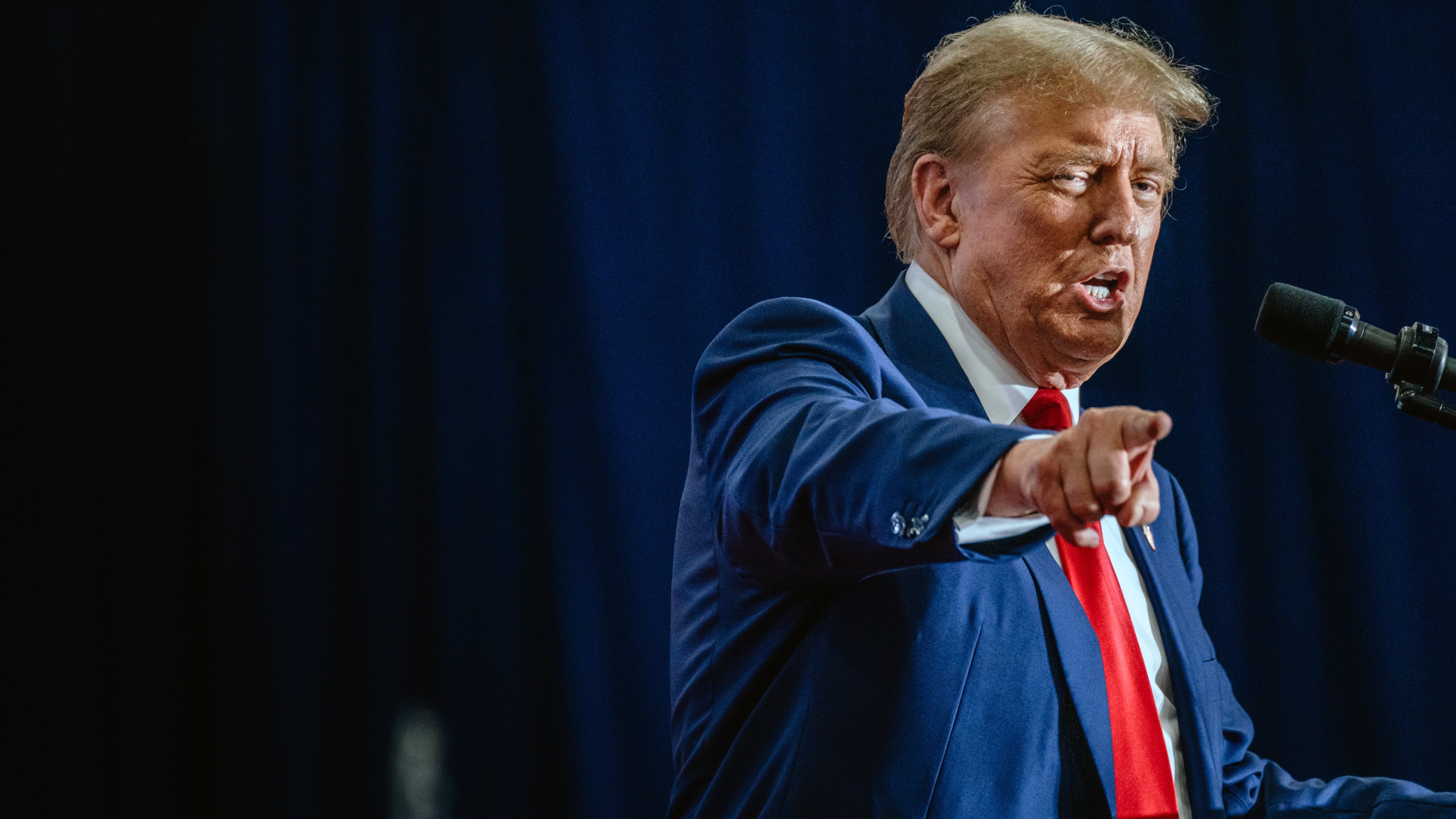Trump’s abortion stance faces Georgia backlash on both sides of the issue

Former President Donald Trump tried to navigate tricky political territory when he said abortion rights should be left to the states while avoiding taking a stance on a national ban.
That led to fierce criticism from Georgia conservatives who want national restrictions two years after the U.S. Supreme Court overturned Roe v. Wade and abortion rights supporters who say the presumptive Republican nominee can’t be trusted.
The intense reaction surrounding Trump’s abortion stance cemented the notion that abortion rights will be a major factor in Georgia and other politically competitive states in November, just as the issue helped shape the 2022 midterms.
It exemplified how Republicans continue to struggle with the question of backing federal bans after Democrats won a string of electoral victories that preserve access to abortion, even in several conservative-leaning states.
Trump said in a video statement Monday that each state should decide its abortion stance through legislation and that “whatever they decide must be the law of the land.” He added, though, that he favored exceptions for rape, incest and the health of the mother.
He was immediately blasted by President Joe Biden who said Trump fostered “chaos” around abortion after appointing three conservative U.S. Supreme Court justices who helped overturn the 1973 decision that allowed abortions up until a fetus could be viable outside the mother’s body.
In Georgia, Democrats see abortion as a politically potent issue to ignite the party’s base and energize swing voters who helped decide the past three election cycles.
Many senior Republicans, meanwhile, have largely steered clear of highlighting Georgia’s strict 2019 anti-abortion law that took effect after the Supreme Court’s 2022 ruling in Dobbs v. Jackson Women’s Health Organization that there is no constitutional right to abortion.
The Georgia law, the center of pending legal challenges, bans abortions once a medical professional can detect fetal cardiac activity. That’s typically about six weeks into a pregnancy and before many women know they are pregnant.
State Rep. Michelle Au, D-Johns Creek, said Trump’s “ever-changing rhetoric” on abortion might as well be a concession that “stringent abortion care bans are a losing issue for Republican candidates up and down the ticket.”
Au, a physician, echoed Biden in saying Trump’s position also endorsed policies in Georgia and other states where they adopted tougher abortion limits.
“You can’t brag about being the person responsible for the overturn of Roe v. Wade while also sidestepping the responsibility, the blame and the electoral consequences of what comes next,” Au said.
Trump’s policy also triggered a backlash from religious conservatives who have long fought for national limits on abortion. Among them was former Vice President Mike Pence, who called it a “slap in the face” to abortion opponents.
Cole Muzio, the head of the conservative Frontline Policy Council, took much the same approach. He said Trump’s policy is an “unequivocal disappointment” for abortion opponents.
And he promised the issue isn’t going away, even with a divided Congress unlikely to take action in the next few years.
“I’d encourage President Trump to remember the formula that got him elected the first time — choosing a pro-life VP and providing clarity about his judicial opinions,” Muzio said.
“Instead he seems to be relying solely on the extremism of his opponent to be the motivator for the faith community,” Muzio said. “It may work, but it’s a shaky strategy.”



